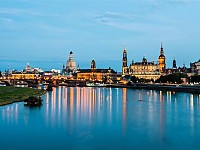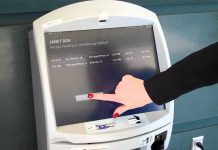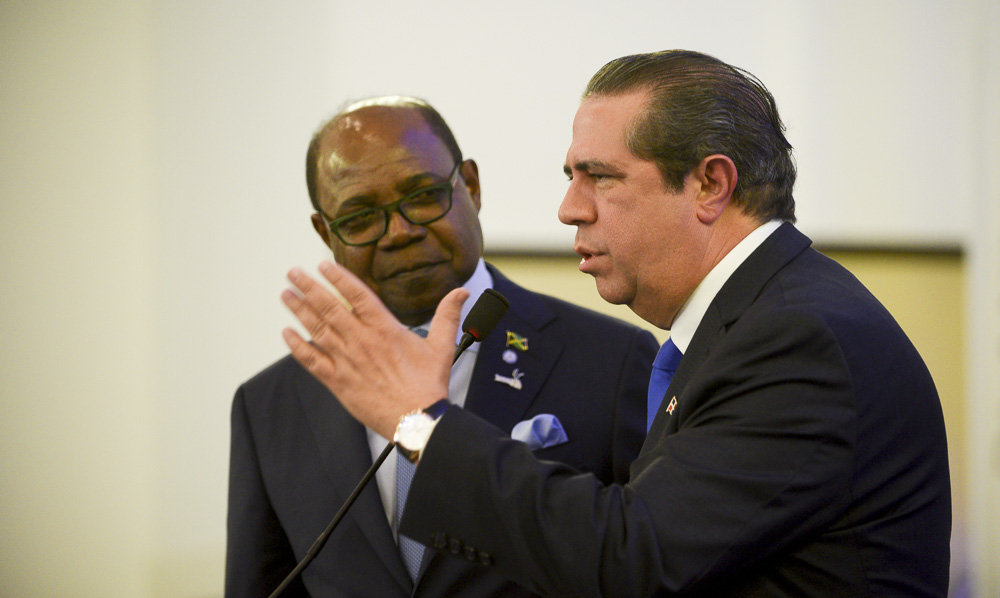
There is a movement growing in Dresden, Germany among leading museums and other key tourist attractions to combat racism and show acceptance to other cultures and those in need. The Semperoper Opera House flies a white flag reading “human dignity is inviolable”. This is not simply a moment of solidarity with foreigners and migrants; instead, this is an attempt to rebuild the reputation of the city and encourage tourists back to these attractions and landmarks.
Visitor numbers to Dresden have declined for the first time in 5 years, down 1.7%, and this cannot be blamed on a national trend; tourists are still happy to come to Germany, it is just Dresden that they are shunning. Part of this is down to a decline in some foreign markets, with a 30% decline in Russian visitors, but the domestic figures cannot be overlooked either. It seems that other Germans looking for a holiday or city break are avoiding Dresden.
The problem appears to be one of public relations – Dresden just hasn’t been looking too great in the media lately. German cities have become known for the cosmopolitan vibe and friendliness to tourists and much has been made in the media about the country’s willingness to take in Syrian refugees but this image does not seem to match that of Dresden.
Xenophobia and anti-Islamic viewpoints appear to be on the rise in this city, most publicly in the form of demonstrations by the “Patriotic Europeans Against The Islamisation Of The West” (PEGIDA), and now this historical, cultural location appears to be losing favor with visitors.
Some experts, like the Dresden Marketing Company, are keen to point out that there may be other contributing factors here, such as weather and the lack of major events, but even a major arts festival with guaranteed sunshine might not be enough to lure culture-loving residents from other cities if an estimated 10,000 PEGIDA supporters are out in force.
Tour operators and other tourism businesses in Dresden cannot downplay the significance of these attitudes within the city because some prospective visitors have said outright that they stayed away because of them. The state government has recognized the issue of Dresden appearing too insular and xenophobic and have decided to drop their advertisement campaign with the slogan “the Saxon way”.
The new plan is to focus on the positive, helpful people in the city and showcase the demonstrators as a clear minority, the idea being that by acknowledging the issue and enhancing the positive attitudes to the migrant crisis, the whole city will not be tarred with the same brush and Dresden will see improvements in visitor numbers.
It will take some time to turn the image of the city around, especially when the refugee situation is set to escalate and tensions between Islamaphobes and other citizens could intensify, but for now Dresden wants to get the word out that one protest group does not represent a city. If visitors come they can still enjoy the sights and local hospitality, no matter what the PEGIDA minority has to say.










